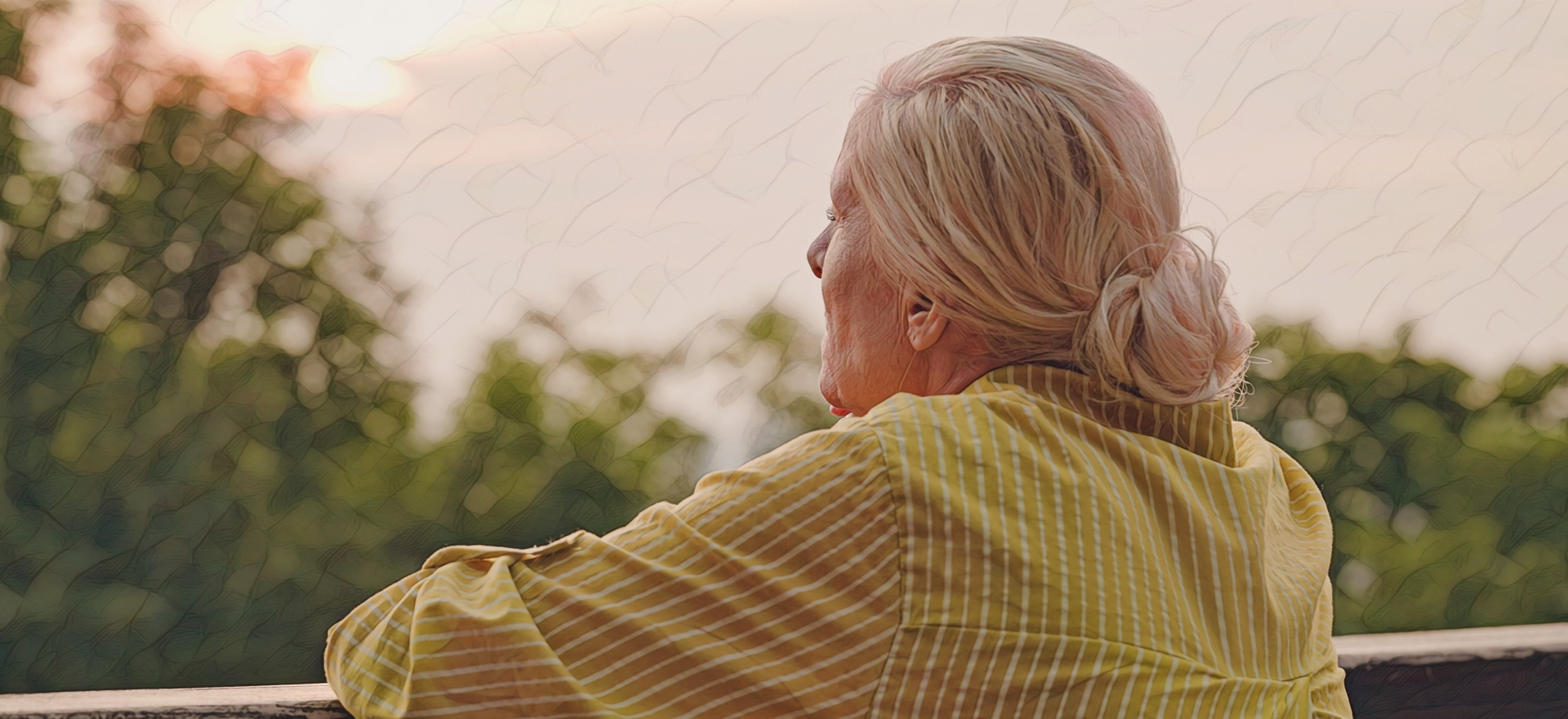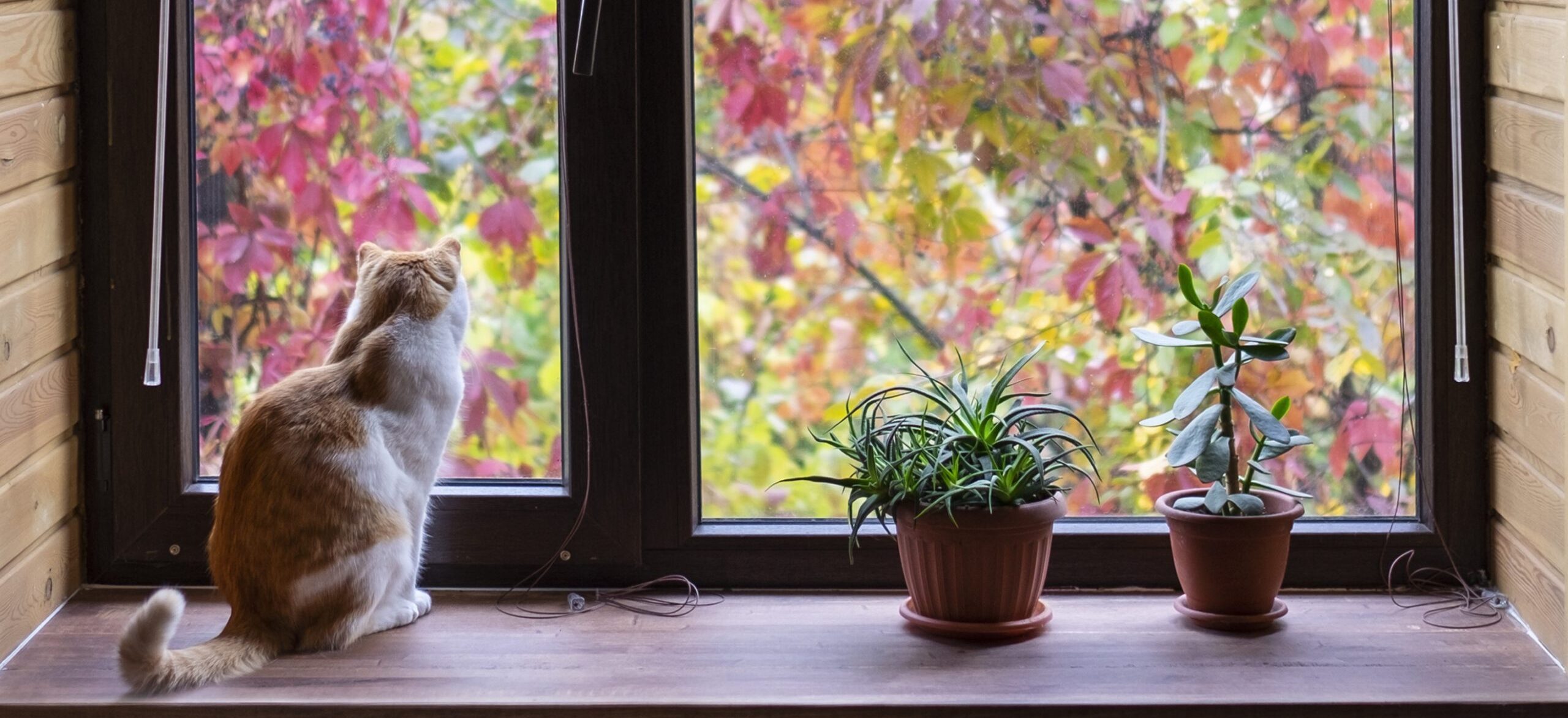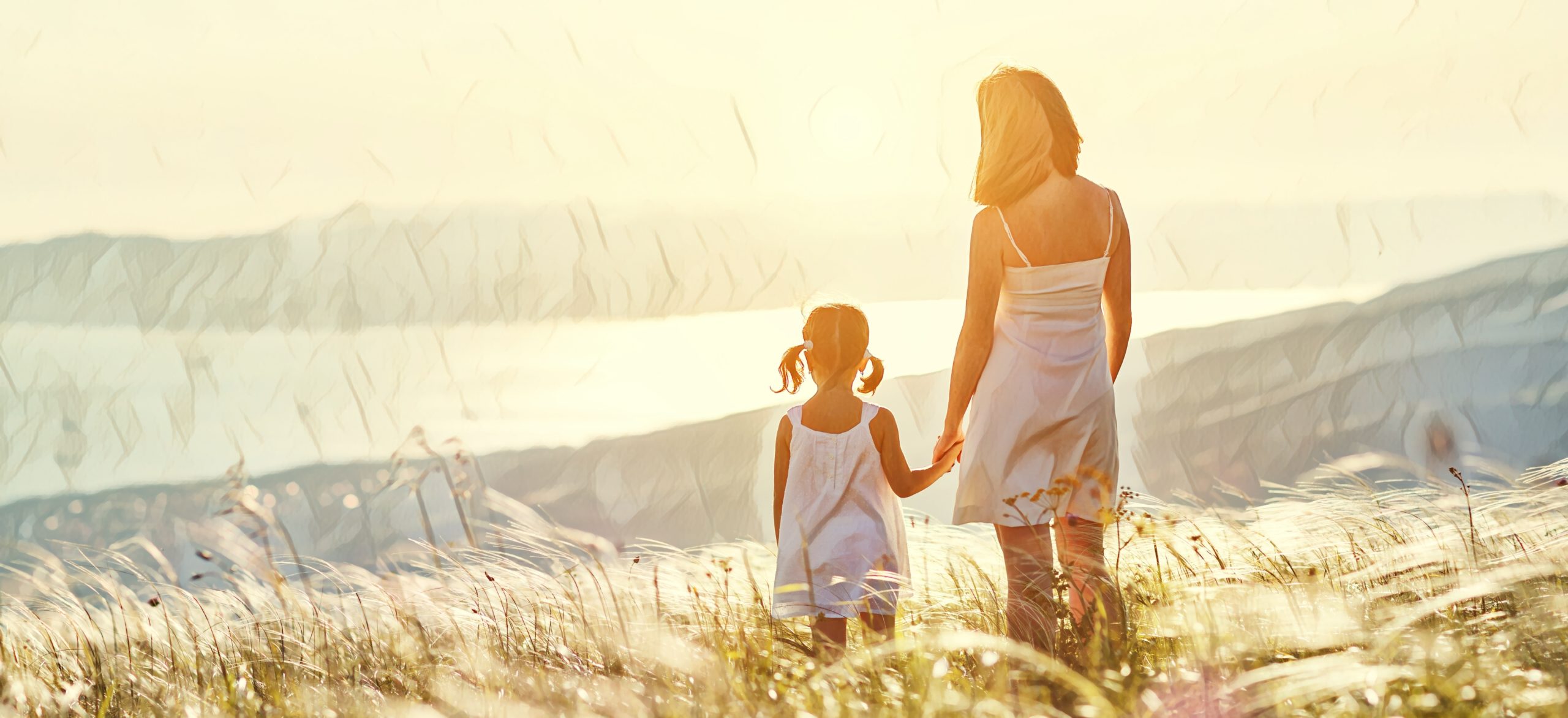Ignorance is bliss … so they say.
You don’t know … till you know.
After being thrust into tragedy, a whole new world of knowledge opened up for me. Knowledge I, in some ways, wish I was still blissfully ignorant of. But knowledge that opened up my eyes, nonetheless.
I finally understood the shallowness of the things people say in the face of unspeakable pain. A pat on the back while your insides are gaping open. To be fair, I’m sure I used to be one of those people. After all, you don’t know until you know. But after I lost my husband, the platitudes people offered basically nauseated me. Even the spiritual truths I knew I believed raised my hackles. Not because I didn’t believe what was being said, but because the nice, tidy boxes felt completely disconnected from the chaos I waded through. The positive, the peppy, the bright-sided comments, the faith-filled, the look-at-the-bright-side repertoire felt too far from where I was. It was too peaceful for my storm. Too black and white for my sea of grey complexities. It only increased the chasm between me and hope because with every repetition it reminded me how far away from all that “good stuff” I felt.
I finally understood why people do what they do. Pain can cause crazy coping mechanisms. I used to watch people and puzzle over the inability to deal with life’s issues. Then the wind got knocked out of me. Suddenly, it didn’t seem so puzzling. I understood why depression could sink its claws into a heart because the uphill battle against the oppression of grief and tragedy seemed too long, too arduous, too exhausting, too lonely — too impossible. And it can leave people making not-too-great of choices to deal with the pain.
I finally understood what pain really was. The human soul has a tremendous ability to be wounded. I’d been hurt, sure. Gut-wrenching hurt. But this? It hurt to breathe … hurt to live… hurt to face the day. The rest of my future didn’t bring a sense of expectation, but a sense of dread. I had to face the rest of my days with this irreversible tragedy engraved in my mind and its shadow darkening my future. It was a pain that separated life into two parts. A pain that altered everything about me. I could never be the same.
I finally understood what being spiritually weak felt like. From a young age I had my act together, so to speak. I rarely would walk into church feeling a sense of spiritual desperation because I didn’t have a “messy” life needing healing. But my faith had never been thrown in the fire. Then one day I was standing in the midst of a foggy highway seeing my husband’s body in our crushed van. To say that all my “got-it-together” faith crumbled, would be an understatement. I felt helpless and full of doubts. Oh, so weak. I then understood the feeling of walking into a church and feeling completely detached. Feeling dry. Feeling desperate. Not knowing any answers or how to revive my soul. I had no idea how to get past the storm inside me.
I finally understood what it was to endure people who have no clue. People’s naivety and shallowness left a literal distaste in my mouth. Their silly complaints: My husband didn’t take out the trash. Their whining for a “bad” day. I didn’t get my coffee today. Their feel-good faith that hadn’t been put to the test by tragedy. … I prayed for a new car and God blessed me. It all made me realize how much I appreciated authentic people — genuine conversation — where the nitty-gritty can coexist with faith, raw hurt can intertwine with hope and the blunt struggles can walk beside the desire for healing — without being belittled by positivity or patronized by naivety.
I finally understood how lonely life can be. There are pains in life that — no matter how surrounded I am with friends nor how loyal my family — they cannot journey with me. It is a solo endurance. A path no one can tread for me. The events, the memories, the guilt, the longing, the questions, are all individual to me and are tied to my soul and my soul alone. Others can walk beside me and encourage, but no human can truly carry the burden of my loss, trauma or tragedy. It creates a distinct loneliness, having to trek the journey alone — the journey of healing.
I finally understood the capability of God’s healing. How vast and sure and complete it can be in the face of human impossibility. If I never hurt, I could never truly appreciate healing. I could never comprehend God’s restorative power without first being broken. After the death in my soul I could experience the awe of His resurrection. Only now can I appreciate the roots — those truths — that had planted themselves deeply in my spirit and held me steady when the tsunami raged. The fact that no experience is wasted in God’s economy blossomed hope in my soul. The fact that the scars that mark us don’t have to be the sum of who we are, nor the definition of what our life becomes, brought light to the darkness.
I finally understood God’s heart for healing, because, well, I was the one being healed.




